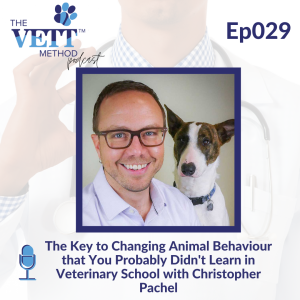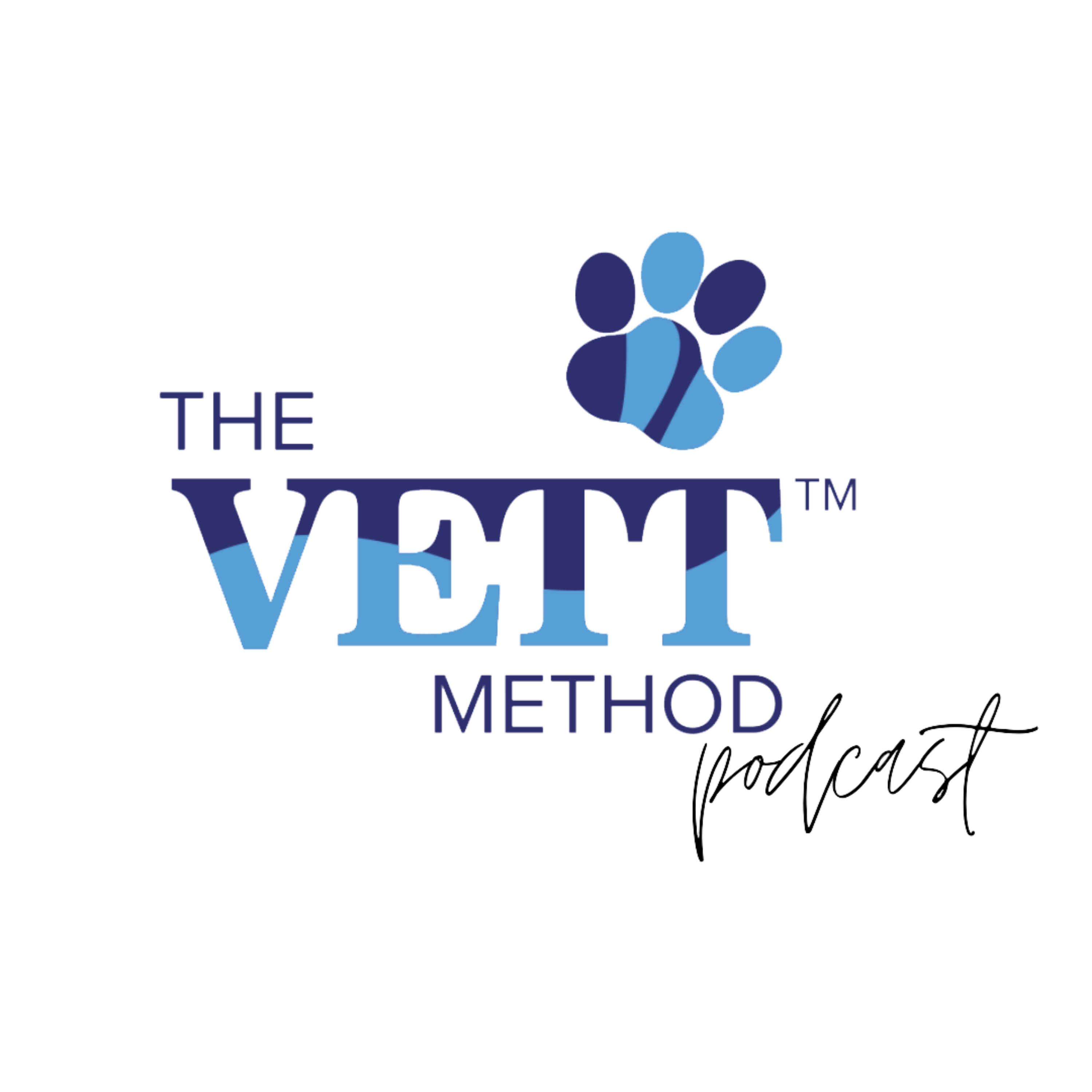Episodes

Thursday Sep 16, 2021
Thursday Sep 16, 2021
How is your relationship with the animals you have in life?
Relationships are built on trust and clarity of communication, but so many people do not understand the animals they live with.
Do you want to be able to successfully change your pets’ behavior and finally manage it well so that it won’t happen again some time in the future?
They say that if a behaviour is happening, especially if it's continuing or strengthening, something somewhere is in fact reinforcing that behaviour!
Deep dive into the world of animal behaviour with us today as we interview Christopher Pachel!
Christopher Pachel is a Board-Certified Veterinary Behaviourist and Lead Clinician at the Animal Behaviour Clinic in Portland, Oregon. He has practical in-clinic experience and is inspired by opportunities to meet people where they are and enhance their relationships with their animals.
In this episode, Christopher unravels the wonders of the science of animal behaviour. He discusses how the veterinary industry lacks extensive knowledge around the field of behavior, mentions mistakes people make as they try to change the way their animals behave, and shares a valuable tip on how you can approach problems around behaviorism in a way that helps both the clients and the field you’re in.
What you will learn from this episode:
- Understand why education and awareness are both keys to transforming lives and behaviour;
- Discover what the acronym ABC means in the science of behavior and how vital this is in building a better relationship with the animals you work with; and
- Find out how you can successfully change pets’ behavior while also bringing betterment to the industry.
“If you don't know what you want your dog to do in that situation, I'm willing to bet that they don't actually know what you want them to do in that situation either.” – Christopher Pachel
Topics Covered:
03:15 – Christopher describes his ideal client: People who are curious and aware of the problem that they have and are able to express their need in a way that allows Christopher to say, ‘I have some tools to help you and here are the ways on which we can do that.’
04:57 – Problem he solves for his clients: The vast majority of the problems he deals with is motivated by fear, anxiety, stress, emotional arousal, and the underlying emotional undercurrents that exist.
06:49 – The typical symptoms / pain points: Common ones are the feelings of frustration, embarrassment, shame, disappointment, grief, and even resentment of the pet, plus people not understanding the animal they’re with.
09:30 – The mistakes: People focus so intently on the problem instead of saying ‘why do I think this is happening in the first place?’ and trying to understand what it would take to change that animal’s emotional or behavioral response.
12:56 – Christopher Valuable Free Action: “When we hear a client saying, ‘How do I stop my dog from…’ whatever it is, rather than immediately jumping into problem solving and saying ‘try this’, I would love if our industry could learn to pause and ask one additional follow up question. That follow up question is ‘In that situation, what do you want your dog to do instead?’”
20:22 – Christopher’s Valuable Free Resource: Dr. Pachel’s website includes links to each of Christopher’s businesses which includes the Animal Behavior Clinic, the Dog Training business he’s affiliated with, and many more! Go and check it out.
21:42 – Q: Why do you continue to do what you do 19 years later or 17 years later in the behavior space? A: Because I love people as much as I love animals.
Key Takeaways:
“Sometimes, the solution that they are laser-focused on isn’t actually going to be the best way to address that issue. So, I want that curiosity – I want that motivation ideally to not just hand that animal off to me so that I fix the issue, but they’re motivated to work in relationship with their animal rather than against them.” – Christopher Pachel
“As a veterinarian also means that we’re looking for science of medical illness or physiologic abnormalities or pain, discomfort, and the endocrinopathies – those sorts of things that may actually create or contribute to some of those emotional problems which then lead to problematic behaviours.” – Christopher Pachel
“Relationships are built on trust and clarity of communication, and so many people don’t understand the animal that they’re working with.” – Christopher Pachel
“The more we understand about behaviour and the science of behaviour change, it lets us know that sometimes, those corrective or aversive methods aren’t actually working for the reasons we thought they were working, and oftentimes, we’re creating an environment of behavioral suppression that may actually contribute to fear, anxiety, or stress.” – Christopher Pachel
People / Resources Mentioned:
Ways to Connect with Christopher Pachel:


No comments yet. Be the first to say something!